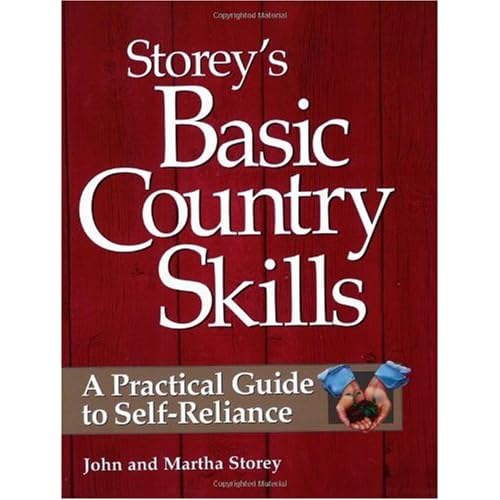In the past few blog posts, we have been exploring important principles for understanding God’s will for our lives. These are separated into five foundations for discerning God’s will and four avenues for discerning God’s will. I have already mentioned the first five.
- We can discern God's will by surrendering our lives to him.
- We can discern God’s will by studying Scripture (Psalm 19:7–11; 1 Thessalonians 4:1–6; 2 Timothy 3:16–17).
- We can discern God’s will by seeking him in prayer (Philippians 4:6–7; Jeremiah 29:11–13; James 4:2b).
- We can discern God’s will by waiting for him to lead us (Psalm 25:4–5; 106:13).
- We can discern God’s will by listening to the testimony of the Holy Spirit.
Now, here are the first two of the four avenues for discerning God’s will.
1. We can discern God’s will by observing our personal desires, convictions, and abilities (1 Cor. 7:8–9, 36–38; Exod. 25:2; 2 Thess. 3:5; 1 Cor. 12:4–7, 11).
Although we have sinful desires that tempt us to disobey, God also gives us good desires that help direct our lives. It is not difficult to identify sinful desires (Gal. 5:19–21). Any desires that we have that are not sinful ought to be taken into consideration as we seek God’s direction. We should observe the things we feel strongly about, the strengths of our personalities, and the natural talents and spiritual gifts that God has given us. All of these have been given to us by God as a part of his design for accomplishing his mission for us. Observing how God has made us is an important part of understanding his will for our lives. Now, we should not conclude that we know God’s will just because we want to do something. These desires, convictions, and abilities must be understood in light of the other eight ways we can discern God’s will.
2. We can discern God’s will by observing God’s work in our circumstances (James 4:13–17; 1 Kings 12:15; 1 Cor. 16:8–9; 1 Pet. 3:17; 4:19).
God causes and allows particular circumstances to take place in order to direct our lives. This does not mean that everything that happens is God’s will or is caused by God. For example, God may allow, but does not cause, the enemy to set our circumstances against us in order to deter us from doing God’s will (Job 1:6–10; Eph. 6:11). And we know that temptations are not caused by God (James 1:13). This is why we can never determine God’s will by circumstances alone.
At the same time, we know that God will open and close doors as a way of leading us. We also know that God will provide everything necessary for the completion of his will. Whatever wisdom, strength, ability, or resources we need to do what God wants us to do, he will provide. God’s provisions as we obey are confirmations of his direction.
Another way we can discern God’s will through our circumstances is by observing how he has worked in our lives in the past. Sometimes these are called “spiritual markers.” Henry Blackaby and Claude King explain: “Each time I have encountered God’s call or direction for my life, I have mentally built a spiritual marker at that point. A spiritual marker identifies a time of transition, decision, or direction when I clearly know that God has guided me…When I face a decision about God’s direction…I look to see which one of the options seems to be most consistent with what God has been doing in my life.”*
This is the the fifth post in a series. The first four are:
*Henry T. Blackaby and Claude V. King, Experiencing God: Student Edition (Nashville: LifeWay Press, 2005), 170.





 I received a great book for Christmas this year: Storey's Basic Country Skills: A Practical Guide to Self Reliance by John and Martha Story. As I read some of it, several ideas that have been swirling about in my mind emerged.
I am coming to understand that homesteading is not easy. It is rewarding, but not easy. It takes time, energy, and money (at least at first). I am at somewhat of a crossroads in life where I can decide how much more to put into homesteading. I am beginning to think I should go ahead and put more into it. Here is a list of reasons why:
I received a great book for Christmas this year: Storey's Basic Country Skills: A Practical Guide to Self Reliance by John and Martha Story. As I read some of it, several ideas that have been swirling about in my mind emerged.
I am coming to understand that homesteading is not easy. It is rewarding, but not easy. It takes time, energy, and money (at least at first). I am at somewhat of a crossroads in life where I can decide how much more to put into homesteading. I am beginning to think I should go ahead and put more into it. Here is a list of reasons why: